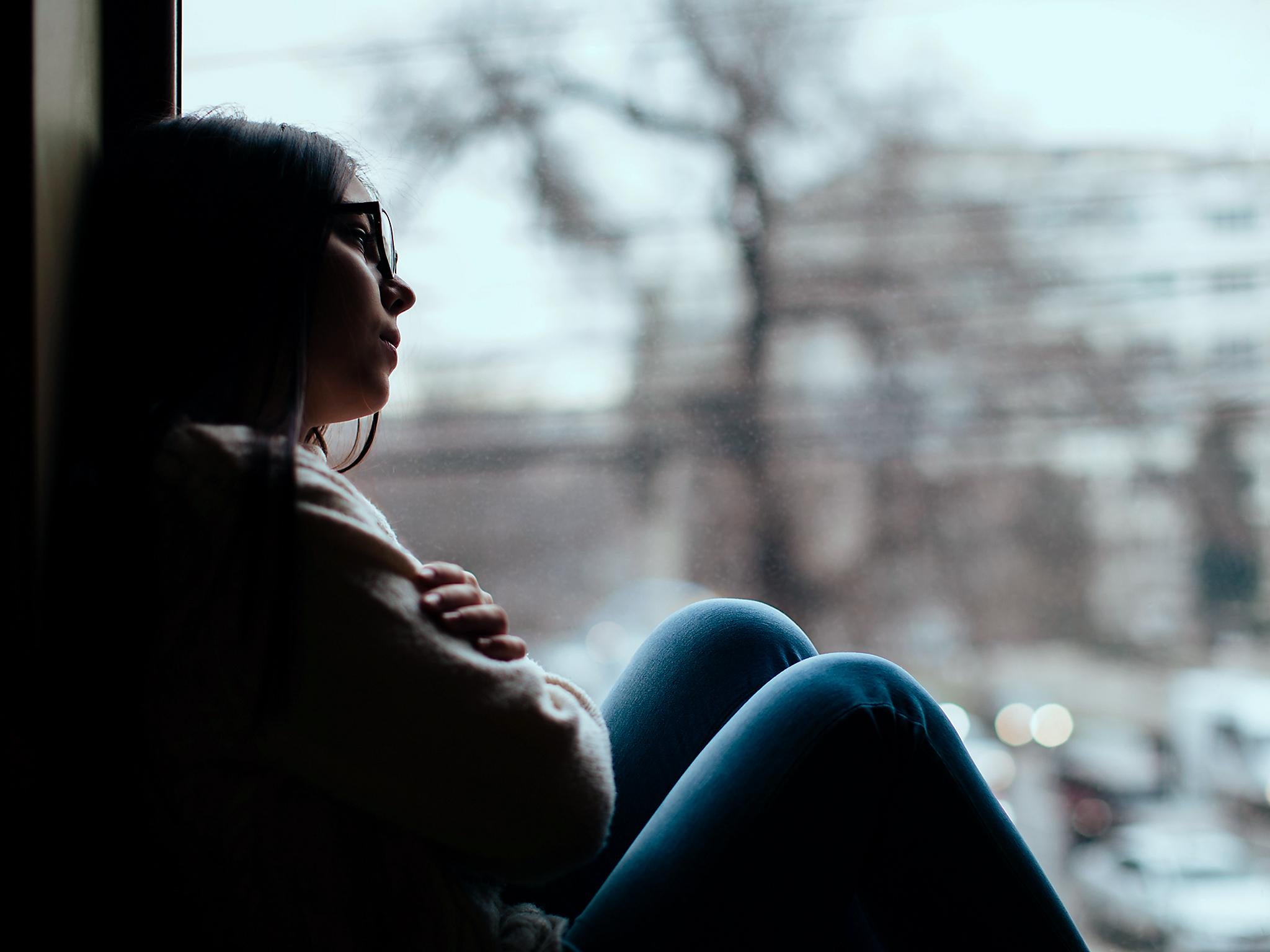I used to self-harm and relapsed during lockdown – to tackle it, first we need to understand why people hurt themselves
I self-harmed for years. Why? It was the only way I knew, then, to deal with my emotional distress


It started when I was an unhappy 13-year-old, grappling with the experience of being bullied at school. Later, when bad things happened in my life that felt completely outside my control, such as sexual assault, job losses and emotional abuse, I turned my shame and anger inwards. Instead of vocalising my feelings, I “wrote” them on my body in the form of self-harm. I believed it would help me.
I self-harmed for years. Why? It was the only way I knew, then, to deal with my emotional distress. But today is Self-Injury Awareness Day, and I’m writing this piece to give a voice to something that is so often unspoken, rather than to make people feel sorry for me. I want to try and make anyone familiar with self-harm behaviours feel less alone, because it’s time to bring self-harm out of the darkness and flood this (often hidden) topic with light. I also want to encourage other people like me to seek help.
There are still many myths and misconceptions that need to be addressed. Self-harm is not simply an “adolescent” problem, or something only teenagers engage in, although it is more common among young people. Young women are more likely to self-harm than young men, but it can affect people of all genders. Self-harming doesn’t mean that you’re “dramatic” or “attention-seeking”. It doesn’t denote weakness.
Covid-19 has had a profound effect on our collective mental health, but even before the pandemic, people who engaged in self-harm struggled to access support, with only 38 per cent of sufferers receiving medical or psychological help.
I had a relapse during lockdown, after not self-harming for nearly a year. I felt so lonely and isolated, and the lack of general activity gave my intrusive thoughts an opportunity to assert themselves. I called the local crisis line in deep psychological distress, only to be told there was no real, immediate help available and to contact my GP.
Breaking my self-harm “clean” streak saw me consumed by feelings of shame and self-hatred. I felt as if I’d totally failed. Self-harm isn’t personal failure though, and if appropriate NHS support had been in place, I don’t think I would have injured my body.
The figures on self-harm are difficult to judge, because statistics rely on people coming forward and admitting to self-harming. It’s thought that a quarter of 14 year olds have self-harmed, but this subject is so often shrouded in shame, that the number of people who actually self-harm is likely to be much higher.
Sadly, some people who self-harm are at a higher risk of suicide, although others never have any intention of ending their lives. Self-harm should always be taken seriously, and not dismissed as a fleeting problem that will “just go away”.
If we are to encourage compassion and understanding, it’s vital that we understand why people engage in self-injury behaviours – but this in itself can be complex. People self-harm for lots of different reasons; for me, it was a response to distress and because of the pain of intrusive thoughts, linked to past trauma. But I believe that one way to help people like me is by opening the channels of communication for us to talk about it – and seek proper help.
If you know someone who struggles with self-harm, the last thing you should do is shame them or tell them to “just stop”. Don’t ask for graphic details of what they’ve done, but do encourage them to seek medical attention for wounds that could become infected, and to find a professional to talk to about how they’re feeling. Giving someone you care about a safe place to talk – without judgement – is the most important step you can take.
Now, as summer approaches and the end of lockdown nears, I won’t be hiding my scars in warm weather. They are part of me and an indication of the pain I’ve overcome.
If you’re self-harming or thinking about self-harm, there are organisations that can help. For Mind, call 0300 123 3393 or text 86463 (9am to 6pm weekdays). For Harmless, email info@harmless.org.uk. For women and girls, there’s Self-injury Support and for men, CALM



Bookmark popover
Removed from bookmarks